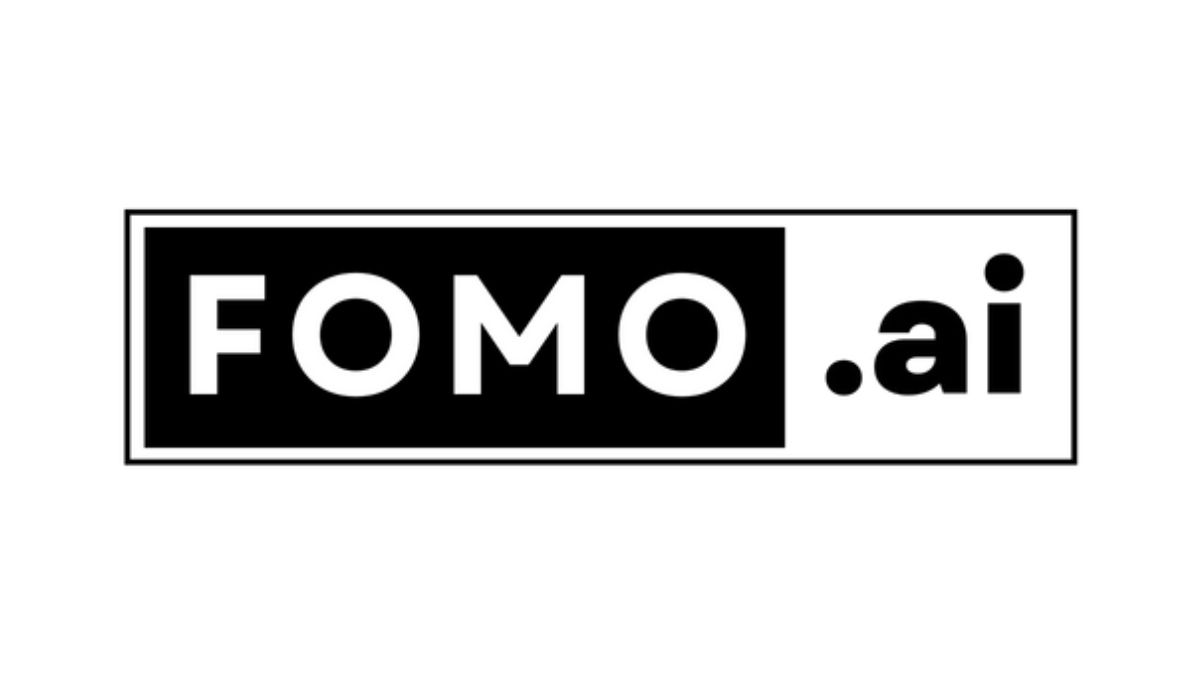Due to regulatory issues, technology companies are moving away from traditional products and investing billions of dollars into the emerging artificial intelligence (AI) market, especially productive AI startups.
Amazon’s recent $2.75 billion investment in AI startup Anthropic demonstrates the industry’s rush to capitalize on advances in AI. Anthropic’s flagship model, Claude, competes with Microsoft-backed OpenAI and Google Gemini’s GPT in line with the tech giant’s efforts to integrate generative artificial intelligence into its business.
In 2023, investors invested in nearly 700 productive artificial intelligence businesses, with a 260% increase in value compared to the previous year. More importantly, most of these investments are coming from technology companies due to fear of missing out on the artificial intelligence revolution (FOMO).
Building and training AI is expensive, requiring significant investment, and Nvidia has emerged as a major supplier of professional chips. Nvidia and other technology companies have invested in new marketing strategies to ensure wide distribution of its technology. In addition, cloud service providers such as Microsoft, Google and Amazon offer cloud credits as part of their resources, further strengthening startups’ access to resources.
The recent Amazon-Anthropic deal exemplifies this model; The two companies work well to complement each other’s strengths. Anthropic will use Amazon Web Services (AWS) for on-demand computing and Amazon chips, and Amazon will distribute Anthropic’s models to AWS customers.
Microsoft, Google and Alphabet are developing their own artificial intelligence models for their own products while also investing in artificial intelligence initiatives. These investments are consistent with its long-term business and demonstrate a commitment to intellectual property.
Despite regulatory scrutiny surrounding the tech industry, these strategic partnerships provide startups with much-needed resources and leadership for customers. While traditional products face regulatory challenges, investment provides technology companies with a way to acquire intellectual property (IP) and stimulate innovation in people.
In this dynamic environment, the creative power in the business world is increasing as technology companies explore new investment models to solve technical problems. As regulators increase scrutiny of intellectual property investments, the focus is shifting to increasing access to intellectual property through partnerships and investments.


